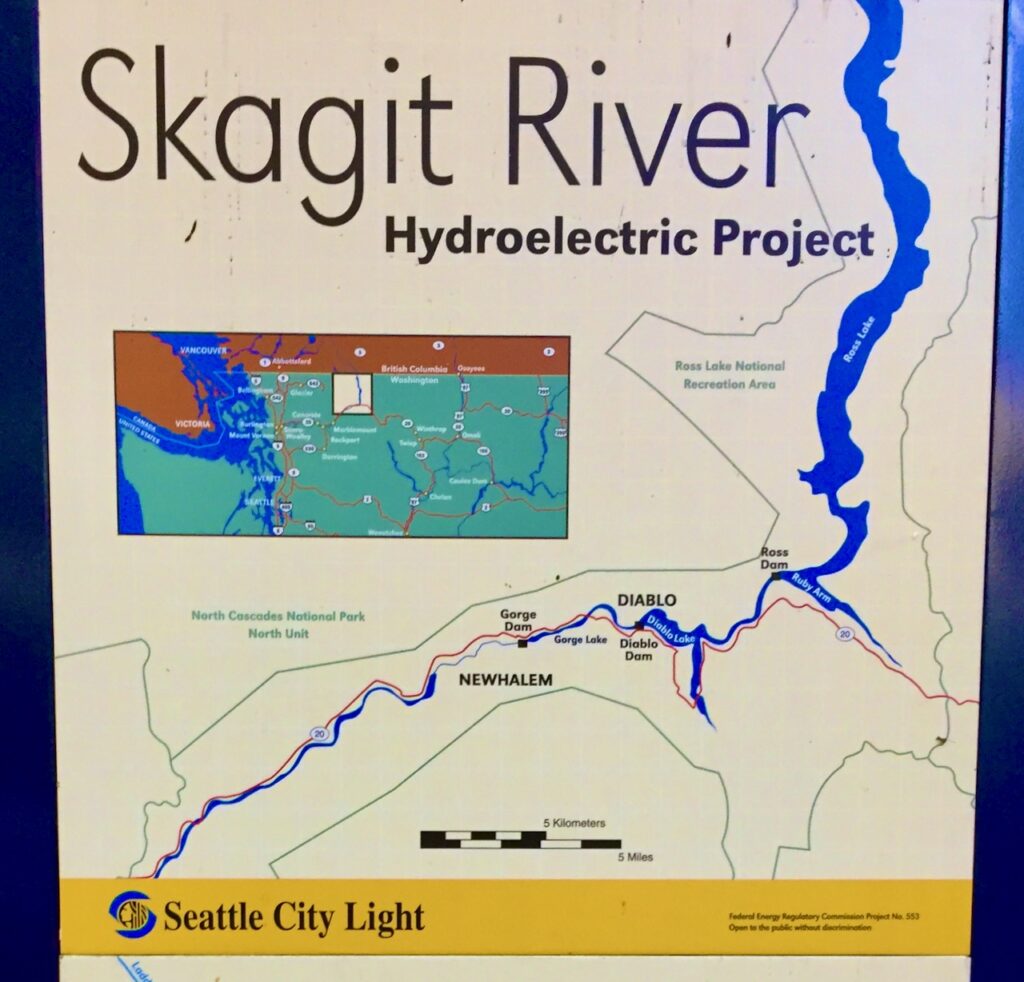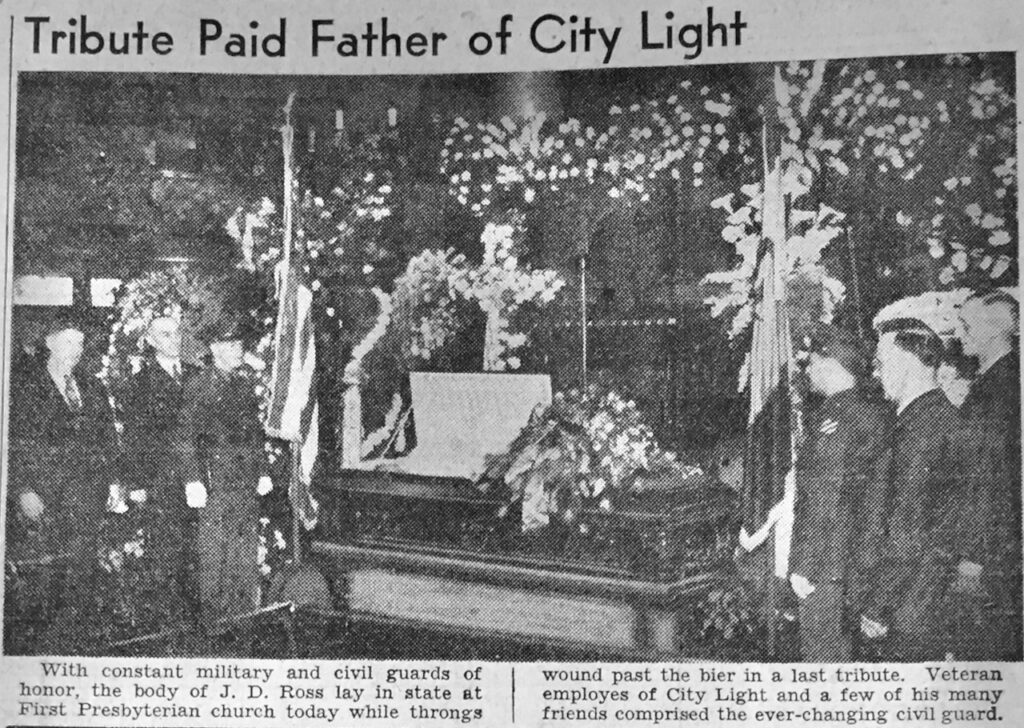When James Delmage Ross died suddenly on March 14, 1939, President Franklin Roosevelt mourned his passing by telling the country it had lost “one of the greatest Americans of our generation,” a man whose “successful career and especially his long service in behalf of the public interest are worthy of study by every American boy.”
Yet “J. D.,” as he was called by everyone who knew him—from the president to senators to children in his neighborhood—is virtually unknown today. Even in Seattle, where he was once the city’s most powerful—and popular—figure, those who recognize his name know it only because a dam and lake on the Upper Skagit River were dedicated to him.

In the Depression years, however, as the nation suffered the aftermath of predatory practices by private companies, Ross became known across the land as a tireless advocate for publicly-owned electrical power. FDR held him in such high regard, he chose him to sit on the Securities and Exchange Commission, to keep tabs on the country’s private power companies, and then to serve as the first superintendent of the Bonneville Power Administration, one of the most important strategic positions in the years leading up to World War II.
By then, Ross had built Seattle City Light into one of the world’s model municipally-owned power systems and championed changes to both the production and distribution of electricity that reduced power rates to a fraction of what they had once been. He had also toured the country for years, making the case for public control over the nation’s electrical grid.

If the country had listened to him—or he had lived longer—there’s no doubt our power system would be in much better shape than it is today and people everywhere would understand FDR’s words of praise.
A self-taught electrical engineer who rose from humble beginnings to become the ideal civil servant and a close friend of the 20th century’s most powerful president, Ross is the kind of figure whose story—and example—we need today. Which is why I’m pleased to announce that I’m writing the first biography to ever be written of him.

My work on Ross is being supported, in part, by the Oregon Historical Society’s 2022 Donald J. Sterling Senior Research Award in Pacific Northwest History. In the weeks ahead, I’ll be posting more about my finds in the months of research I’ve already done, as well as updates as the research and writing continue.
If you follow me on Instagram or Facebook or check this site in the coming days, you’ll see images from Ross’s hometown of Chatham, Ontario, once known as the Black Mecca because it served as a terminus for the Underground Railroad. His journey from Chatham to Seattle began in 1897 when he walked—walked!—from Edmonton, Alberta, to the Klondike gold fields after a doctor told him his lungs were failing and he needed more exercise.
Stay tuned for future updates!

[…] I’ve been doing for my next book–a biography of early 20th-century public power advocate J. D. Ross–has made me keenly interested in United States policies toward monopolies and trusts. One […]